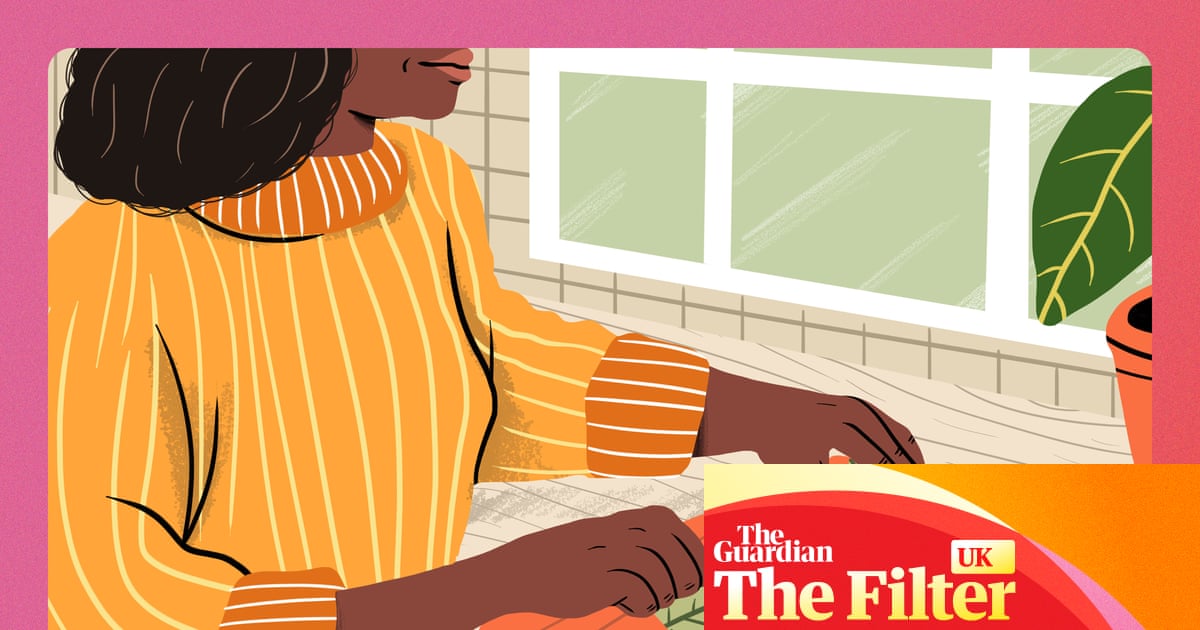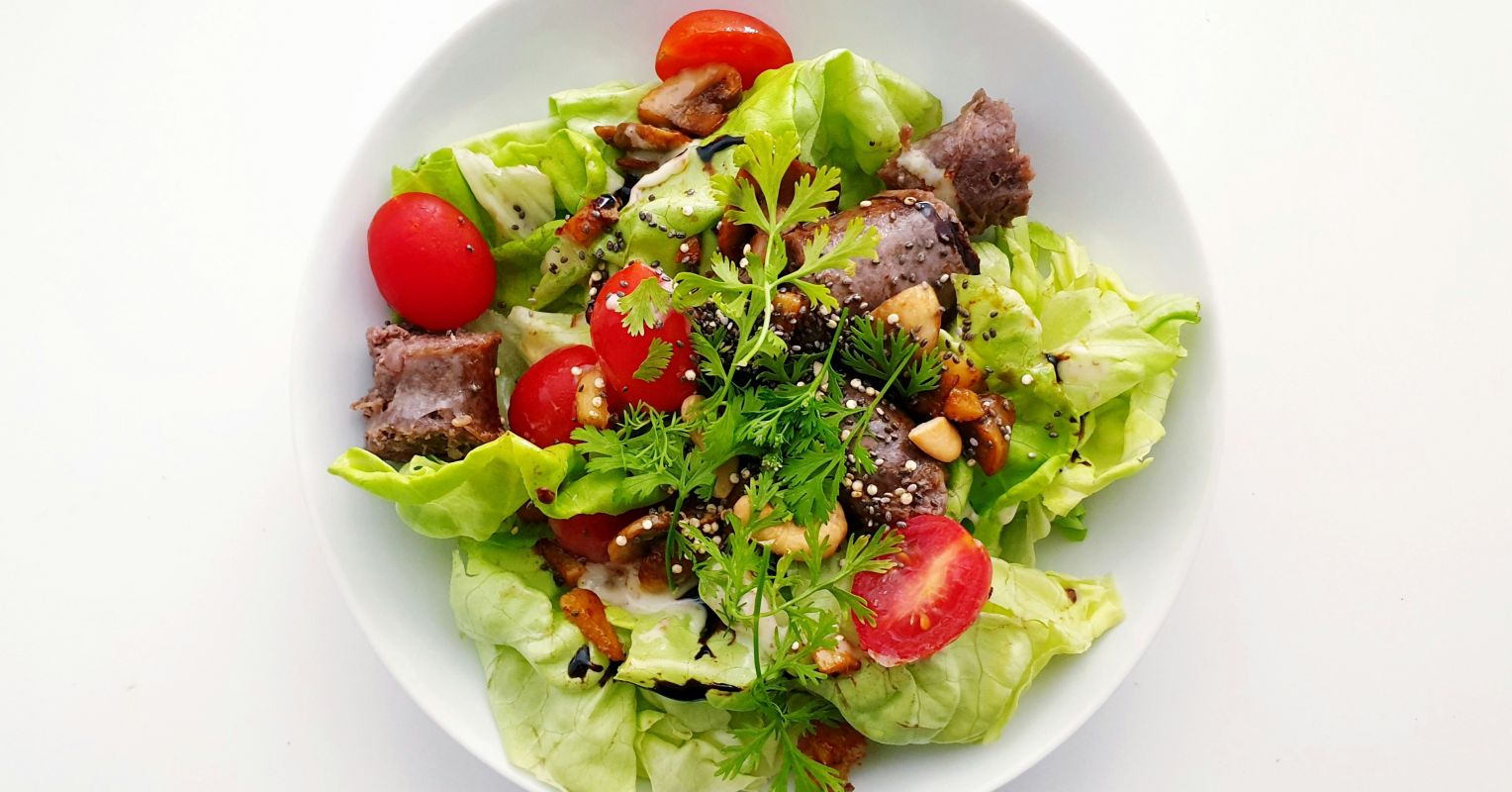fromSilicon Canals
1 day agoHow rich people stay rich: 8 boring decisions that build unstoppable stability - Silicon Canals
The difference between staying wealthy and losing it all isn't about making brilliant investment moves or having insider knowledge. After interviewing over 200 people for my articles, including everyone from startup founders to researchers studying wealth preservation, I've noticed something fascinating: Wealthy people who maintain their wealth make profoundly boring choices that most of us overlook. These aren't the sexy decisions that make headlines. They're the mundane, almost tedious habits that create an unshakeable foundation.
Business



























